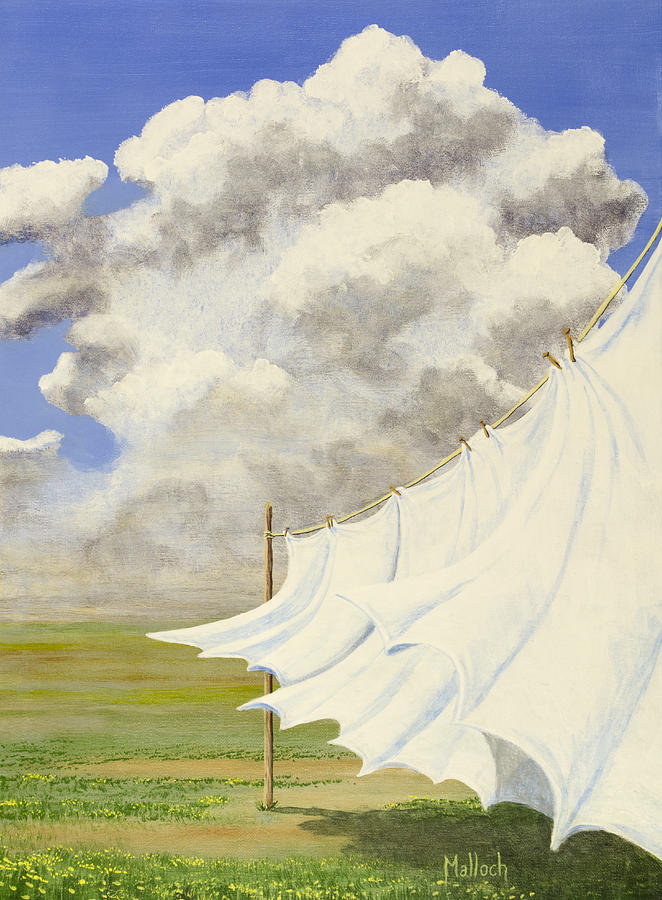(image borrowed from Twitter/redletterdayla)
A special day is called a "red letter day," an expression that comes from the Middle Ages when people used to work from sunup to sundown. They would only get a break when it was a very special day, such as a religious holiday, often called "holy day." These feasts were marked in red on the calendar so that they would be known and where "red letter day" came from. Eventually, "holy days" even turned into "holidays" as they were marked on the calendar in red.
I guess to be contrite, my current calendar has colorful days all month long, so my "red letter days" are actually "black letter days." LOL!
(image borrowed from Amazon)
"Let's get down to the brass tacks" is an expression from the days when going to the general store to get everything you needed was the way. During this time, cloth was sent to the store in bulk and was sold by the yard. The storekeeper, naturally, became an expert at measuring the cloth by the yard. If a customer felt the need to challenge the measurement he would be able to hold the cloth up to two brass tacks that were embedded in the counter that were one yard apart. So the matter could be settled by getting down to those two brass tacks.
I don't think I ever heard that expression. To be honest, whenever I hear "Let's get down to--" I finish it off with...
(image borrowed from Medical News Today)
Thousands of years ago, before we had money in our system, workers and soldiers were paid in salt. Salt wasn't just a seasoning back then, it was also used as a preservative or curative for meat and it also had medicinal value. The early Romans called this payment a "salarium," which is how we eventually got the word "salary." If a worker wasn't "worth his salt," he wasn't worth his salary.
(image borrowed from San Carlos Art & Wine Faire)
When something is recently made it's called "brand new" and this expression comes from the 16th century when it meant that an item was fresh from the fires. The original meaning of "brand" was a fire burning within a forge, so when an item came fresh out of the fires of creation it was called "brand new." The verb "to brand" comes from the same source and means to mark ownership on something such as wine casks or livestock, using a hot iron from the fire.
Wow. Totally makes you look at brand new items differently now. Lol.
(image borrowed from Fine Art America)
When someone is drunk it's said that he is "three sheets to the wind," this is an expression that dates back to the time when sailing was the prominent job. The ships had an intricate system of ropes called "halyards," "lines," and "sheets." Their function was to move or hold things in place. Sheets were the ropes that controlled the sails. If one was loose, the sails would flap in the wind, two loose sheets would affect the ship's steadiness, and "three sheets to the wind" meant that ship would be totally off course like a drunken sailor.
That's a rather interesting history...and it makes me look at this oddly titled painting from Fine Art America "Three Sheets to the Wind" differently...especially since there's four sheets. LOL!
(image borrowed from Amazon)
"Let's get down to the brass tacks" is an expression from the days when going to the general store to get everything you needed was the way. During this time, cloth was sent to the store in bulk and was sold by the yard. The storekeeper, naturally, became an expert at measuring the cloth by the yard. If a customer felt the need to challenge the measurement he would be able to hold the cloth up to two brass tacks that were embedded in the counter that were one yard apart. So the matter could be settled by getting down to those two brass tacks.
I don't think I ever heard that expression. To be honest, whenever I hear "Let's get down to--" I finish it off with...
(image borrowed from Medical News Today)
Thousands of years ago, before we had money in our system, workers and soldiers were paid in salt. Salt wasn't just a seasoning back then, it was also used as a preservative or curative for meat and it also had medicinal value. The early Romans called this payment a "salarium," which is how we eventually got the word "salary." If a worker wasn't "worth his salt," he wasn't worth his salary.
(image borrowed from San Carlos Art & Wine Faire)
Wow. Totally makes you look at brand new items differently now. Lol.
(image borrowed from Fine Art America)
When someone is drunk it's said that he is "three sheets to the wind," this is an expression that dates back to the time when sailing was the prominent job. The ships had an intricate system of ropes called "halyards," "lines," and "sheets." Their function was to move or hold things in place. Sheets were the ropes that controlled the sails. If one was loose, the sails would flap in the wind, two loose sheets would affect the ship's steadiness, and "three sheets to the wind" meant that ship would be totally off course like a drunken sailor.
That's a rather interesting history...and it makes me look at this oddly titled painting from Fine Art America "Three Sheets to the Wind" differently...especially since there's four sheets. LOL!









These are such interesting random facts! I love learning on here so I really appreciate you sharing them with us! I knew the salt one because I studied roman and greek history in university :)
ReplyDeleteJamie @ Books and Ladders